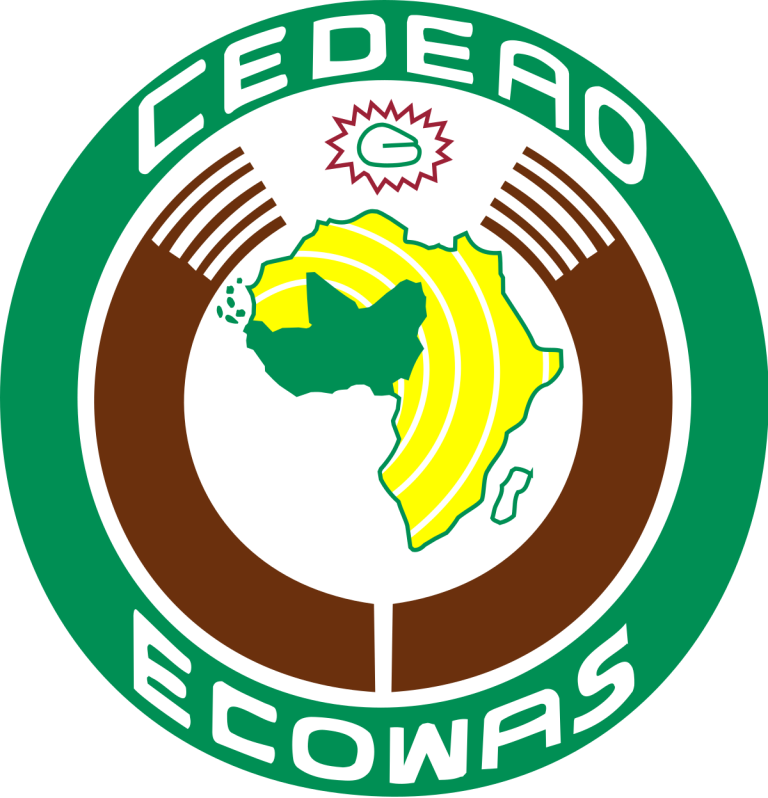Some Nigerians on Tuesday outlined the economic implications of engaging in military options to restore democracy in Niger Republic.
The experts, in separate statements in Lagos, said ECOWAS should consider the geopolitical dimensions of the unfolding developments in the sub region.
The News Agency of Nigeria (NAN) reports that on July 26, soldiers from Niger’s presidential guard deposed President Mohamed Bazoum and closed the country’s borders.
Already, it has been projected that Nigeria stands to loose about 1.3 billion dollars in trade from border closure arrangements against Niger republic.
Dr Muda Yusuf, founder, Centre for the Promotion of Private Enterprises (CPPE), said the decision by ECOWAS to restore constitutional democracy was a welcome development.
He, however, stated that contemplation of military intervention should take into account the wider social, economic, welfare and security implications for the countries of the sub region and their citizens.
According to him, the far reaching macroeconomic trade, security and geopolitical ramifications should be carefully considered as risk of collateral damage was high.
Yusuf said this defining moment for ECOWAS calls for rigorous thinking, robust consultation, sound diplomatic judgment, a deep sense of history and an exhaustive evaluation of the many ramifications.
He stated that military actions among member states would surely negate the fundamental objective of one of the key mandates of ECOWAS which was the promotion of economic integration.
Yusuf said the financial cost of a military campaign could be quite staggering and unpredictable, noting that cost to Nigeria of the Liberia war was an estimated eight billion dollars, and to Sierra Leone over four billion dollars.
He added that Nigeria’s current balance of payment position was weak and may not be able to support any major military engagement outside its shores.
He said that the worsening of the country’s external sector would adversely impact investors confidence, weaken growth prospects and decelerate the pace of economic recovery.
“Recent reforms by the current administration have impacted positively on the fiscal consolidation efforts and prospects of fiscal deficit reduction in the near term looks very bright.
“However, in the event of a military intervention in Niger, these gains may be eroded.
“The reason being that we would see an escalation in the defence budget which will trigger a surge in fiscal deficit, worsening of inflationary pressures and a spike in debt levels and related debt service burden.
“Resources that will have been used for the funding of critical infrastructures such as roads, electricity, education health railway system will be deployed to funding military operations.
“Already the recent border closure is beginning to adversely impact on traders on both sides of the divide.
“The truth is that sanctions are typically double-edged sword which is why it needs to be cautiously and strategically applied,” he said.
President, Lagos Chamber of Commerce and Industry (LCCI), Dr Michael Olawale-Cole, said the ultimatum given by President Bola Tinubu to restore democratic order or be faced with use of force was hasty and ill-advised.
Olawale-Cole said while the chamber aligned with the regional body’s decision to restore democratic order in Niger, dialogue would be a better tool to achieve the objectives.
He stated that the challenges in many spheres that the ECOWAS region faced today were succinctly quite different.
He noted that economic growth in the sub-region was abysmally poor in the face of high birth rate, weak productivity, manpower shortages and technological challenges.
Olawale-Cole said the decision to deploy Nigerian troops as part of the regional military force to Niger might have wider geographical implications.
“At the chamber, we are stressed to expose the strategic intentions and their benefits, whether in the near- or far-terms behind the inclination to apply the use of military force.
“The LCCI cautions that there may be certain undercurrents the ECOWAS leadership may not be aware of between the leaders and the populace in Niger.
“Currently, Nigeria has its political and economic challenges caused by insurgency by Boko Haram and weak security infrastructure.
“If we do not have the security paraphernalia to deal with Nigeria’s insecurity challenges, it will be detrimental to Nigerian society and economy to deploy troops to Niger.
“Nigerian troops should focus on solving our security problems, as this will promote trade, attract investment, and enhance economic development
“In our opinion, top-level political, consultative, and diplomatic engagements with the putschists are likely to be more effective for the needed peace in the sub-region.
“We, therefore, urge the ECOWAS leaders to explore these routes to resolve the Nigerien impasse. ,” he said. (NAN)



